
Following the success of the first edition, we are delighted to announce the 2nd FSR Alumni Day. This event will offer former alumni a unique opportunity to reconnect and stay updated on the latest policy developments in fields they previously studied.
Since its establishment in 2004, the FSR has been training more than 10.000 participants. In 2014, the FSR launched its first online course and since then, more than 60 online courses have been welcoming energy professionals and academics from worldwide.
To hear back from our community of Alumni and celebrate their successful paths, we designed a special event gathering participants from all our courses, course directors, instructors, and coordinators in a friendly atmosphere to offer an additional learning experience.
You will have the chance to network while you get up to speed on the latest developments in your area of expertise. The format will include a keynote address from the European Commission, insights from your peers, working groups (details below), networking activities and a cocktail reception.
The integration of renewable and low-carbon gases into Europe’s energy mix has become a priority for the European Union and national governments. However, there are differing views about how to fairly and efficiently achieve this.
For example, fostering the development of the hydrogen industry may require significant subsidies, and/or its cross-subsidisation by current gas market players and consumers, with a long-term impact. However, this approach would not only involve a burden for consumers or taxpayers but may lead to stranded assets. Furthermore, there are ongoing technology races between clean hydrogen and other decarbonisation options in many of the most likely use cases, for example in high-temperature heat or transportation. Given the limited public resources of the EU and Member States, investing in one technology will come at the cost of supporting other solutions.
Given all of these variables and more, how should the EU go about supporting the ramp-up of clean hydrogen? On what grounds should it be justified? And what are the most efficient and lowest-risk options available?
Renewable energy will become the backbone of the European energy system. There is presently an intense debate, whether or not current electricity market design accommodates the characteristics of renewable energy technologies properly, for example regarding generation patterns, supply-demand dependencies, flexibility and financing needs for investment. This session will discuss the question how a better match between renewable energy characteristics and electricity market design can be achieved. Should it be by re-designing electricity markets to accommodate these new characteristics, should it be by adapting renewable energy projects so they can better integrate into existing markets, should it be a combination of both, or something completely different? We will go into depth with the topic of market integration, and discuss how to increasingly facilitate efficient layouting and operational decisions by renewable energy projects, increasing flexibility provision. We will explore smart design of long-term contracts and support schemes including sector coupling options to increase the market value of variable renewable technologies. We will also explore how multi-criteria selection of projects that consider system and market integration. Finally, we will explore if smart electricity market re-designs can alleviate some of the existing market integration issues that renewable energy technologies currently face. We will emphasise the interplay between policy design for renewable energy and electricity market design, and also explore the coupling to other energy markets.
The EU Wind Power Action Plan acknowledges the importance of offshore systems to reach the European Union’s ambitions to become the first climate-neutral continent by 2050. The rapid growth and specific nature of offshore systems bring new challenges compared to how we traditionally design electricity markets. While the Electricity Market Design proposal includes some fundamental principles on the market design of offshore systems, open issues remain about the implementation of offshore bidding zones and the allocation of congestion rents between stakeholders. Also the interaction of these mechanisms with long-term instruments, such as power purchase agreements (PPAs) and contracts for difference (CfDs), remains unclear. In this session, participants will learn about the ongoing challenges in offshore systems and the proposed solutions. Using interactive poll discussions, participants will be engaged to think and share about some of these open issues. Furthermore, a comparison will be made with the onshore market design. As a result, participants will learn why some of the proposed solutions in offshore market design might be seen as experiments to the way we traditionally design electricity markets in onshore systems.
Competitiveness of Europe’s economy is set to take centre stage among the EU’s priorities for the next five years. Following calls from several stakeholders, including energy intensive industries and business associations, the European Council in April 2024 announced a new European Competitiveness Deal, suggesting that this will be put at the core of the European Strategic Agenda for 2024-2029. The European Council called for work to be taken forward decisively and swiftly on the key competitiveness drivers. The latter included an industrial policy that decarbonises Europe’s industry in a competitive manner; achieving a genuine energy union by securing the supply of abundant, affordable and clean energy to pursue European energy sovereignty and climate neutrality; and efforts at increasing circularity and resource efficiency.
The next European Commission is expected to develop an overarching initiative in the months after the June 2024 European Parliament elections. While details will emerge only in the coming months, there is already growing interest on the relation between such a new initiative and the European Green Deal (EGD). The latter was one of the main priorities of the 2019-2024 European Commission, aiming at putting the EU on a robust path towards climate neutrality by 2050. By consistently developing a broad number of legislative proposals that covered multiple policy areas, the Commission claimed in the EGD the possibility to achieve a transition towards an environmentally sustainable energy system that is compatible with a secure and competitive energy supply and that does not leave anyone behind. Although it is difficult and probably too early to assess whether the EGD has delivered on its promises, it is apparent that more attention is needed to the link between the energy transition and competitiveness, also considering that energy prices in Europe are high according to international standards. Similarly, the EU’s increasing emphasis on strategic autonomy points towards the need to avoid external dependencies for strategic resources, such as energy and critical materials, which can undermine Union’s security in a more turbulent world.
In this session, participants will learn about the role of the EU’s overarching strategic priorities for the development of energy and climate policy initiatives in the next political cycle. Participants will have the opportunity to discuss how the energy transition in Europe will be affected by a more competitiveness-oriented agenda, and how this builds on or departs from the EU Green Deal. Polls will be used to engage participants and facilitate an exchange of views and national experiences. As a result, participants will not only become more aware of the multiple objectives and tensions associated with the different goals of energy and climate policies, but also learn how, in some circumstances, it is possible to deal with those tensions successfully.
Event Details:
Additional Information:
The event will be held exclusively in a residential format, allowing for a limited number of participants. Admission will be granted on a first-come, first-served basis.
Directions to reach the venue
The EUI Badia is easily reachable by taxi from Florence centre or from Fiesole (about 20€) and from Florence Airport (about 35€).
If you prefer public transport (ticket 1,50€ to be bought in official ticket offices, machines and authorised retailers that display the Autolinee Toscane sticker): take bus line number 7 from the center, the main railway station or from Fiesole, and get off at the stop ‘San Domenico 01’ (map) From there walk to our main building, Badia Fiesolana (map).
Logistic info
Please arrange your travel and accommodation as soon as possible as Florence is very popular. Paid registration fee is non-refundable. Please note that the course fee does not cover travel and accommodation costs.


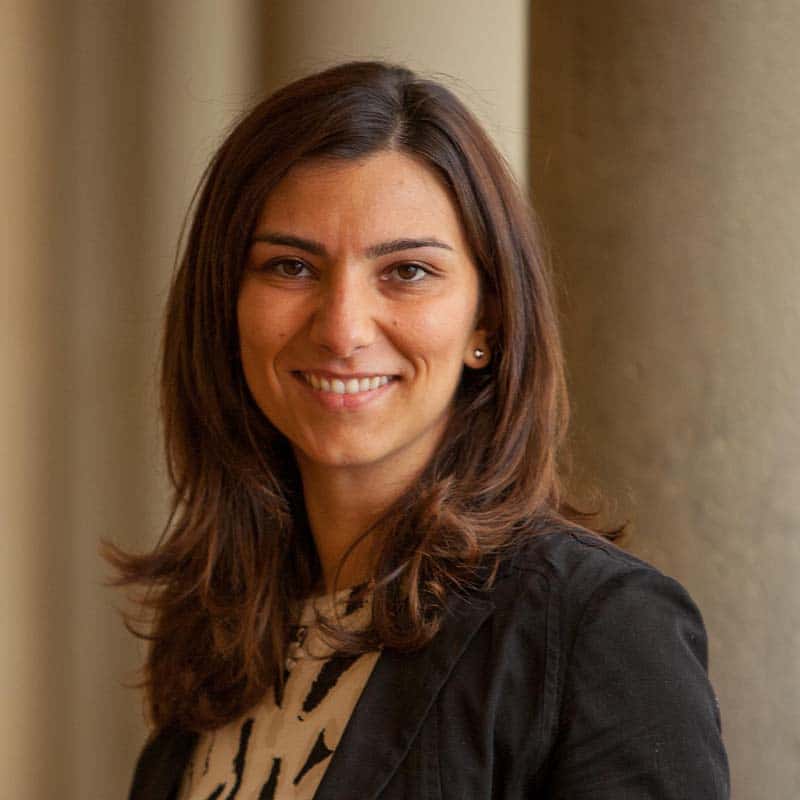


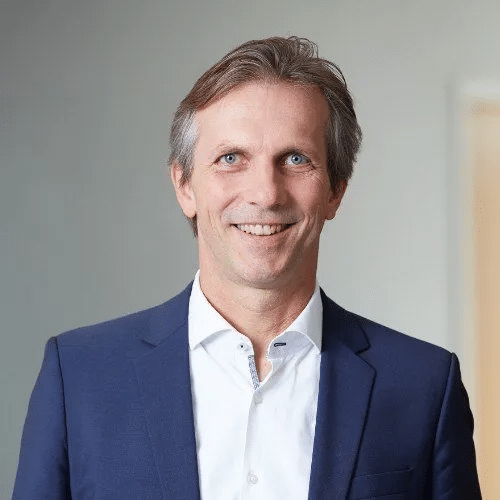

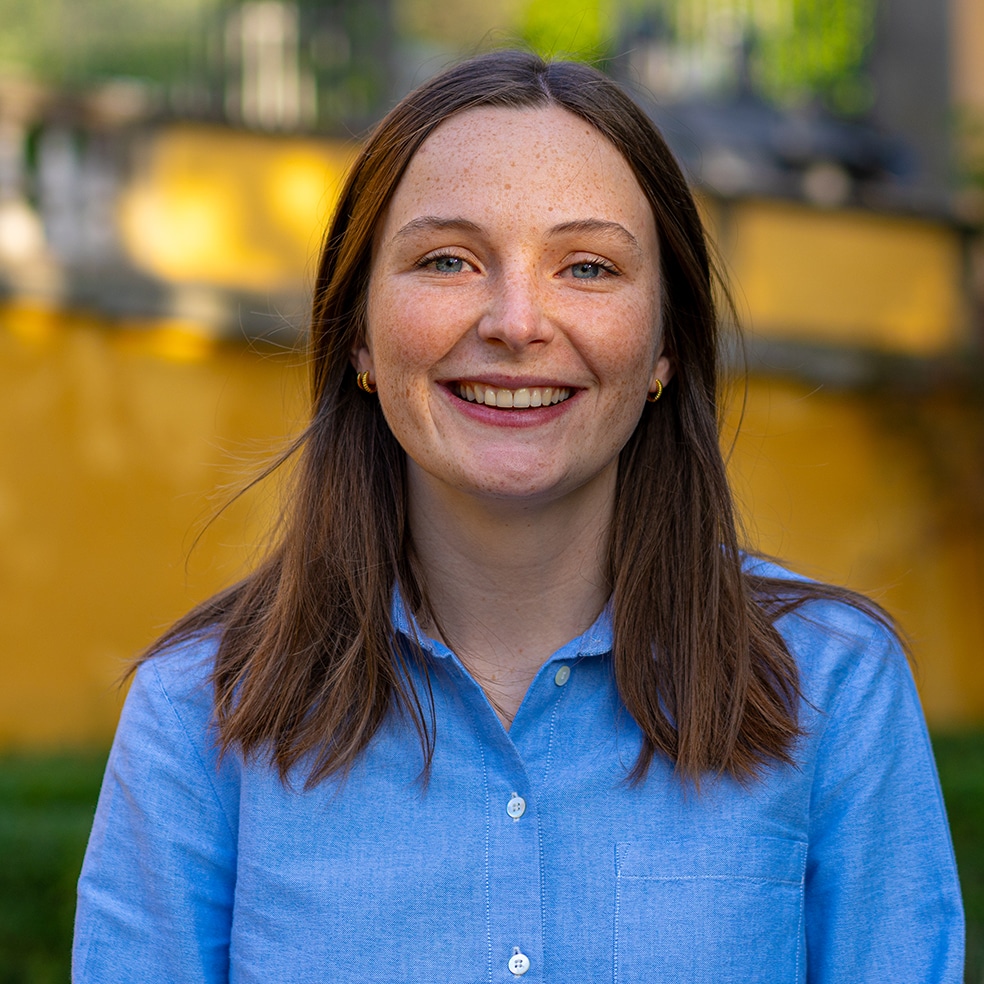
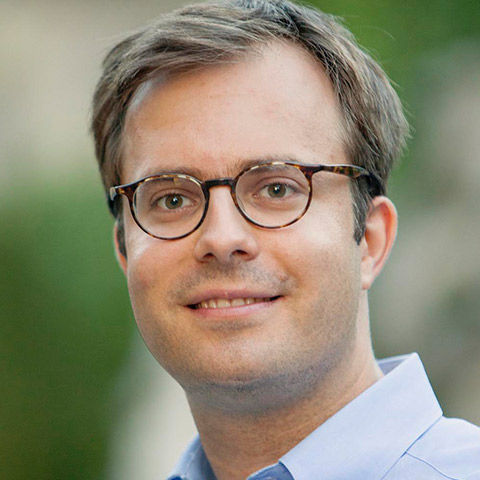

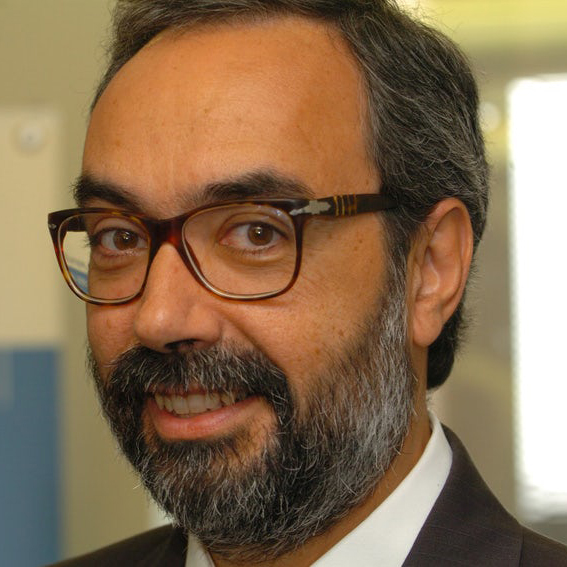
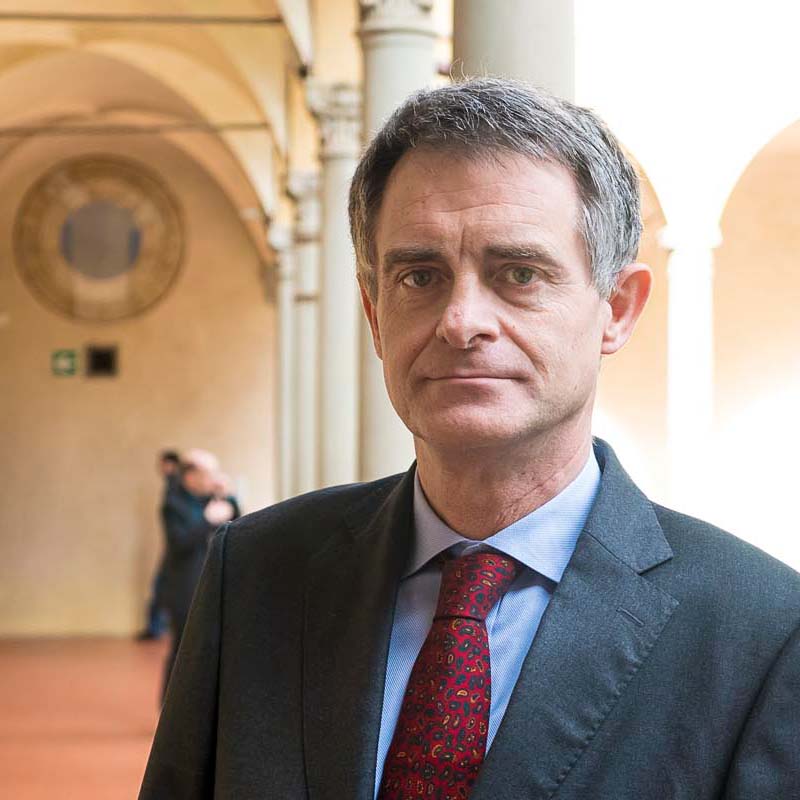
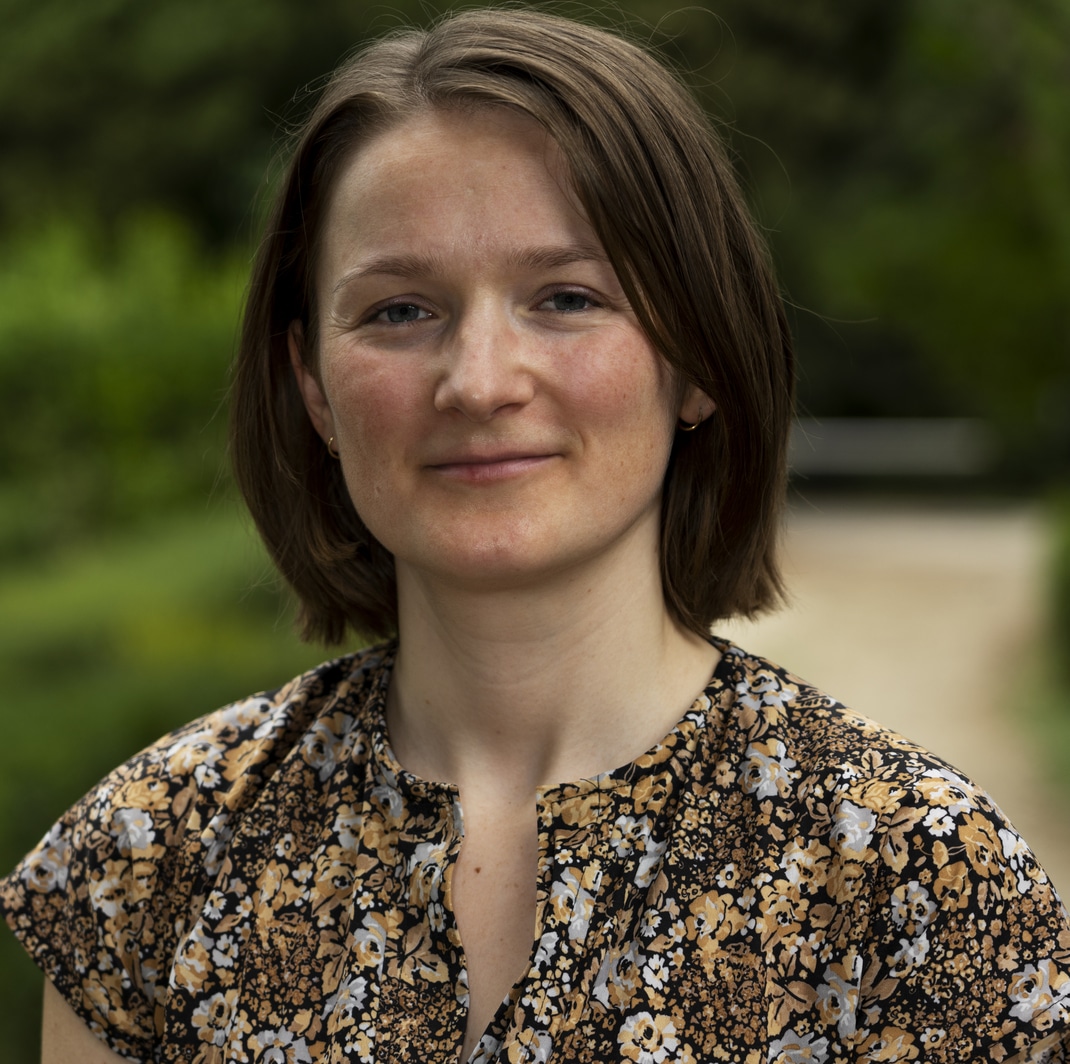

Join this webinar to explore how the new GeoMap Europe platform reshapes the understanding of geothermal potential across the EU.…

Join this webinare as experts examine how evolving EU plant health and phytosanitary regulations can balance safety, trade, and sustainability,…

Join this debate as experts explore how EU pesticide Maximum Residue Limits shape food safety, environmental protection, and international agri‑food…
To meet, discuss and learn in the channel that suits you best.